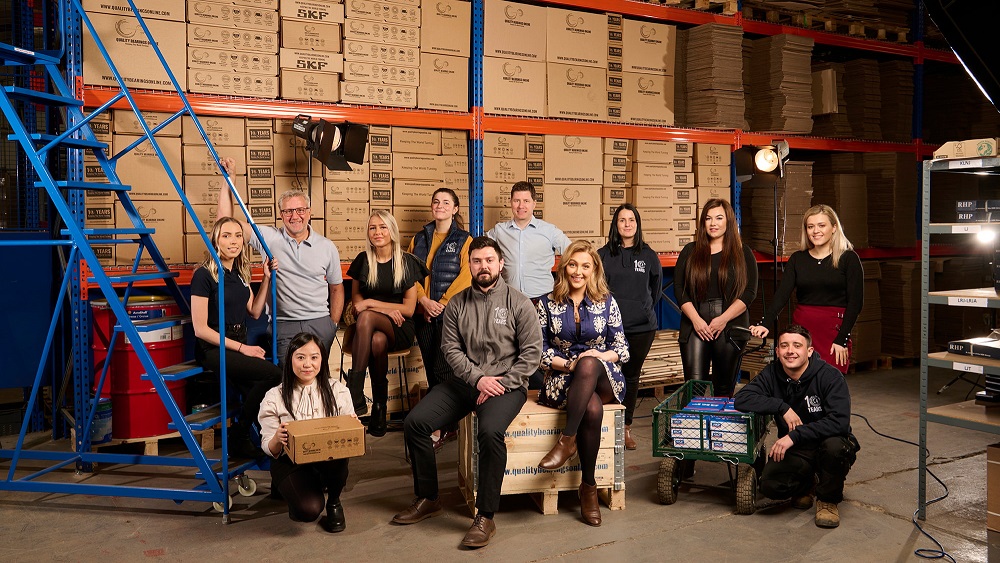Business and computing experts at Leeds Beckett University are joining forces with Leeds-based Quality Bearings Online Ltd (QBOL) to reduce the company’s carbon footprint, by creating an innovative new business model for the net zero era.
The project is a 30-month Knowledge Transfer Partnership (KTP), part-funded by the Government through Innovate UK. The academics and QBOL will create a unique, expert computing system which will allow the company to move away from a carbon-intensive ‘Just in Time’ delivery approach. They will build a greener supply chain and investigate opportunities for storage hubs in key geographical locations worldwide.
Dr Alfred Chinta, Supply Chain Management Course Director at Leeds Beckett University and KTP project leader, explained: “Greenhouse gas emissions from the transport sector are expected to double by 2050 if they continue at the current rates – and the growing demand for faster shipping is contributing to this scenario, with transportation being one of the main contributors of greenhouse gas emissions.
“QBOL is a highly successful distributor and exporter of quality bearings products. With 90% of sales shipping overseas, it is a business with a high carbon footprint. As a market disrupter since its inception, and in-line with its highly innovative approach, the company recognises that to continue to grow in the net zero era the business must address this carbon footprint.”
The new expert system – named the Intelligent System for the Net Zero Era – will allow the company to manage their key accounts more strategically, with a more scheduled approach to fulfilling orders, steering away from the Just in Time method.
Denny Maude, Chief Executive Officer at Quality Bearings Online, said: “This exciting project will give us a point of market differentiation that addresses a key issue of the current industry model – the high carbon footprint of rapid, Just in Time delivery, that is often provided in small packages via air freight.
“It is our aim to provide greener, more environmentally sustainable services to our clients – where sustainability of the supply chain is a key decision-making factor – and to meet our environmental ambitions.”



